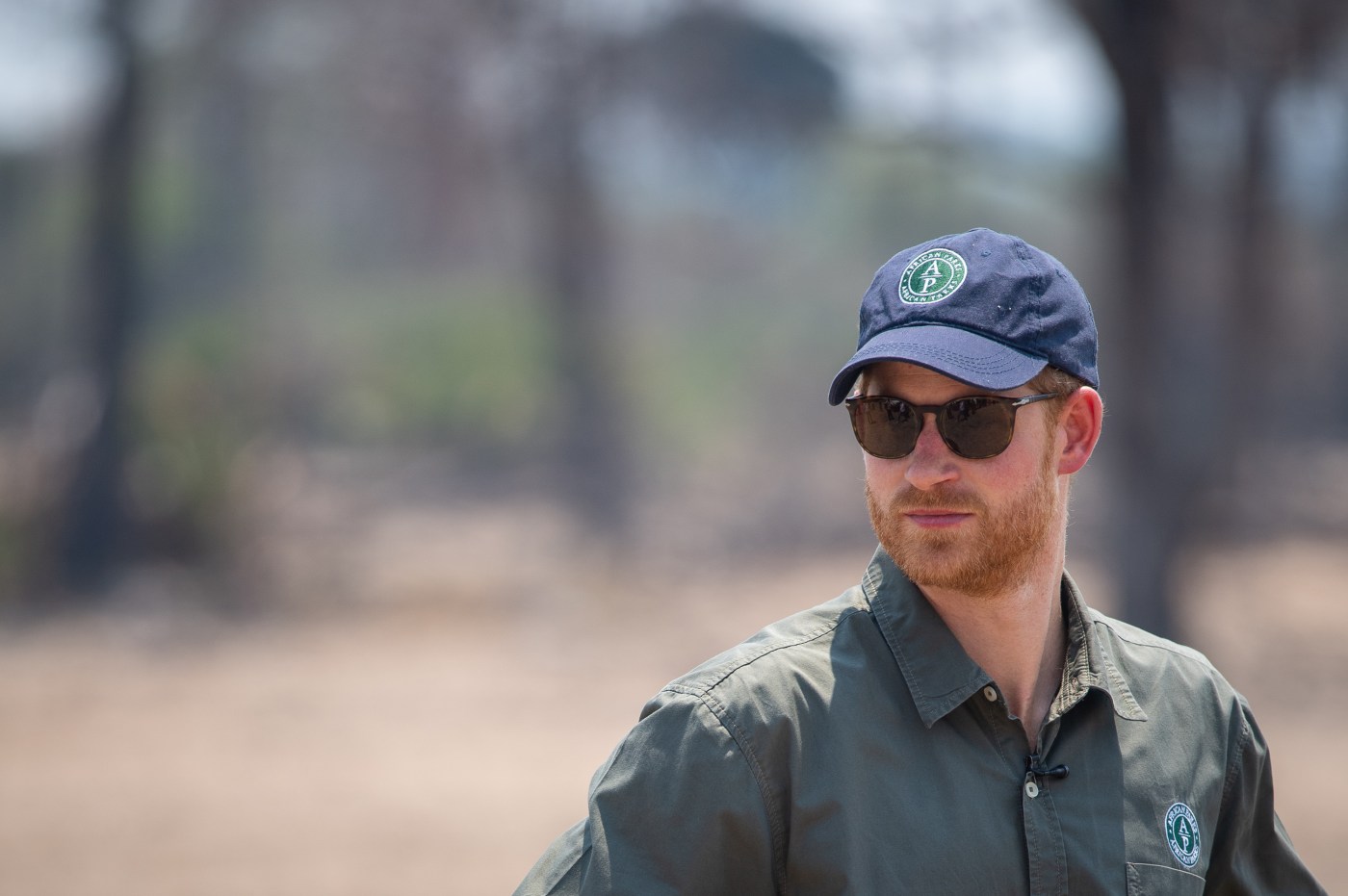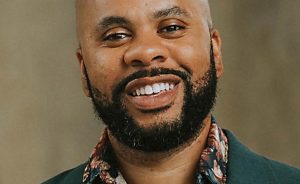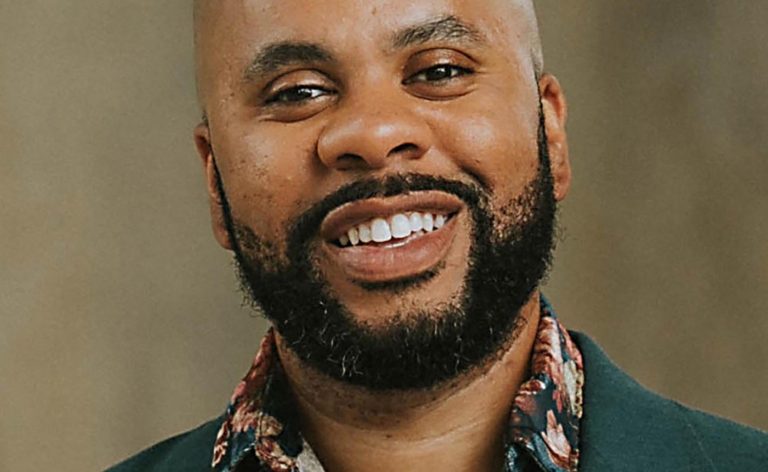Prince Harry played the role of “passionate advocate for environmental conservation” during his whirlwind trip to New York City this week, where he sat on stage with Katie Couric and participated in a panel discussion for African Parks, one of the signature nonprofits in his philanthropic portfolio.
But Survival International, a leading human rights group, slammed both Harry and African Parks for failing to address a litany of alleged “horrific” abuses committed by African Parks rangers against Indigenous people in a national park in the Republic of Congo, which the nonprofit manages.
After Harry joined the board of directors for African Parks in 2023, an investigative Daily Mail news report in the January alleged that local Baka people in the Odzala-Kokoua National Park in the Congo basin had been the victims of rape, torture and countless other “atrocities.” Following the report, Survival International called on the Duke of Sussex to resign from African Parks and said it had alerted him to the alleged abuses the year before.
Harry didn’t resign, and Caroline Pearce, the executive director for Survival International, said that concerns about the alleged abuses “have not been resolved,” while African Parks has yet to make public the results of an internal investigation it vowed to undertake.
NEW YORK, NEW YORK – SEPTEMBER 24: Prince Harry, Duke of Sussex speaks onstage during Day 2 of the Clinton Global Initiative 2024 Annual Meeting at New York Hilton Midtown on September 24, 2024 in New York City. (Photo by Craig Barritt/Getty Images for Clinton Global Initiative)
Pearce expressed dismay over the “shocking failure” of Harry and African Parks to address the alleged abuses during Monday’s panel discussion, which took place as part New York Climate Week. The discussion was moderated by Couric and featured African Parks CEO Peter Fearnhead.
Information about the panel discussion came from a glowing press release issued by the Duke and Duchess of Sussex’s office, which praised African Parks’ “transformative” work in Africa and claimed that the organization had enjoyed “measurable successes in combating climate change, protecting vital ecosystems, and enhancing local livelihoods.”
To Pearce, these remarks by Harry’s office, and his participation in the panel discussion, demonstrated a “shocking failure to grasp the catastrophic nature and extent of the problems with African Parks’ colonial and racist approach to conservation,” as she said in a statement to this news organization. The remarks also showed that “neither the Duke of Sussex nor African Parks understand the need to question African Parks’ vision and the brutal ‘fortress conservation’ approach,” Pearce said.
“While they seem to celebrate ‘conservation’ in New York, the lives of Indigenous people in African Parks’ ‘protected areas’ are being devastated by the violence brought by its rangers: people have been raped, abused and tortured,” Pearce said.
A spokesperson for Harry and Meghan Markle’s Archewell Foundation did not respond to a request for comment on why he and African Parks didn’t appear to address the alleged abuses during the panel discussion. The spokesperson also didn’t respond to criticism about their embrace of “fortress conservation.”
British Soldiers and Malawian game rangers stand guard during a memorial service attended by the Duke of Sussex Prince Harry (L) at the place where British guardsman Matthew Talbot, 22, of the Coldstream Guards, was killed in C-IWT Operation a few months ago, at Liwonde National park on September 30, 2019. Gdsm Talbot was killed by an elephant who charged at him. (Photo by Amos GUMULIRA / AFP) (Photo by AMOS GUMULIRA/AFP via Getty Images)
This term refers to a conservation model that Survival International and other critics liken to “the second scramble for Africa” and a “colossal land grab as big as Europe’s colonial era”. This model is based on a belief that endangered species and biodiversity are best protected when governments and non-governmental organizations, such as African Parks or the World Wildlife Fund, create large areas where ecosystems are protected from human disturbance. But to this end, governments and NGOs have evicted Indigenous people and local communities from their ancestral lands, “under the false claim that this is necessary for conservation,” Survival International has said.
In Africa, governments have set aside up to 42% of their national territories for conversation, according to a 2022 Foreign Policy report by Aby L. Sène, an assistant professor in parks and conservation area management at Clemson University. These governments, in turn, have given NGOs like African Parks authority to manage and to even enforce law and order in these protected areas. African Parks, founded in 2000 by a Dutch billionaire, manages 22 protected areas in 12 African countries, covering more than 20 million hectares of land.
African Parks and other NGOs say they can spur economic development in and around these protected areas. Very commonly, they transform national parks and reserves into tourist destinations, where visitors can view some of the world’s “most iconic wildlife and landscapes,” Sène wrote. But Sène and other critics describe a 21st century version of colonialism in which these areas become playgrounds for the world’s elite classes.
Governments and NGOs also welcome logging and mining into these protected areas, while they resort to “a shocking level of violence” to keep locals out, Survival International said in a position paper on its website.
“Park rangers burn down local people’s homes, steal goods and vandalize property, and beat, torture, rape and kill local people with impunity,” Survival International said. Sène also wrote that African Parks has been “at the forefront of the militarization of parks in Africa, recruiting rangers from local communities who receive paramilitary training from South African, French, and Israeli military personnel.”
Survival International said it has been investigating the destruction of the Baka people, Indigenous hunter gathers in the Congo rainforest, since the 1980s. The organization cites scientific evidence that shows that, as traditional stewards of the land, the Baka people would know how “to care for and manage their environment better than anyone else.” Yet, their lands “have been stolen,” and their sustainable way of life “is criminalized,” with park rangers subjecting them to harassment, beatings, rape and torture “for simply trying to access their land and provide for their families,” Survival International also said.
The organization said it has no beef against the Duke of Sussex, but said his role with African Parks gives him “considerable responsibility and control” over the NGO’s work.
A Baka man, Moyambi Fulbert, quoted in the Daily Mail report asked Harry to stop supporting African Parks: “He is a powerful man. He eats well and lives well — but we don’t have anything now and it’s all because of African Parks.”
Harry’s association with African Parks began in Malawi in 2016 when he was part of the “expert team” that moved 261 elephants from one national park managed by the NGO to another. During Monday’s panel discussion, the son of King Charles III spoke about this “profoundly” personal experience with the elephant relocation. Harry served as president of African Parks for six years and returned to Malawi in 2019, visiting Liwonde National Park where he praised a joint effort by African Parks and its rangers, the Malawi government and the British army to combat animal poaching in the park.












